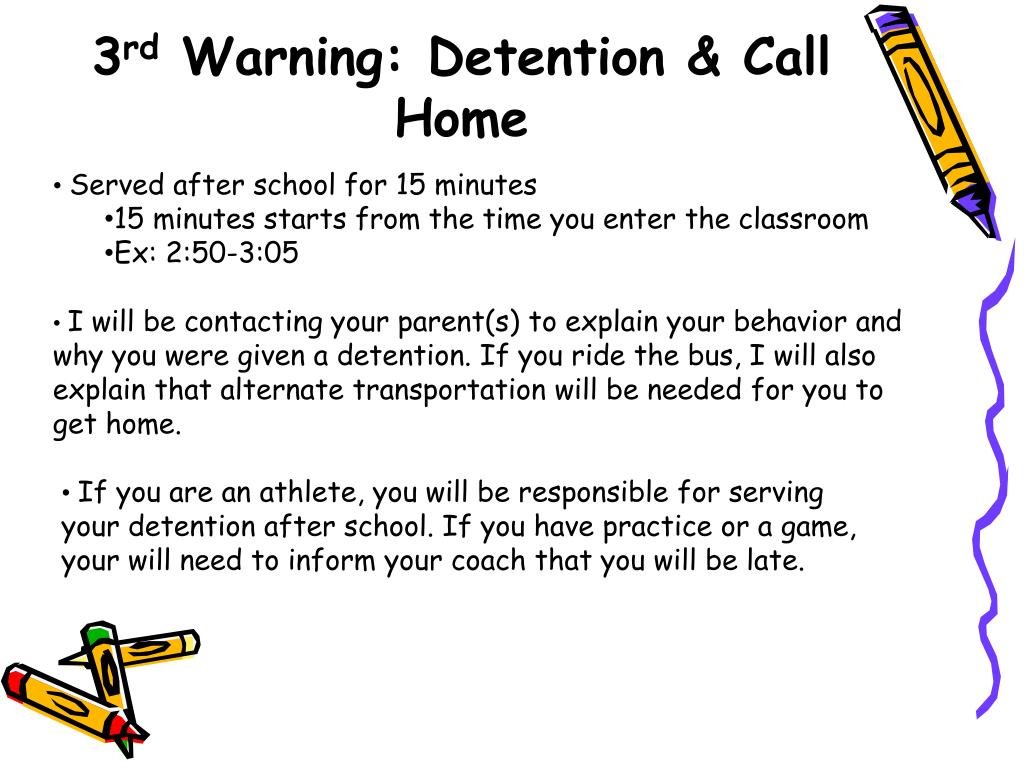Home Detention Meaning: Understanding the Sentence and Its Implications. Home detention, a form of community corrections, allows individuals to serve their sentences in their own homes or a designated residence with electronic monitoring. This option provides an alternative to traditional incarceration while maintaining public safety and reducing recidivism through intensive supervision, drug testing, and other rehabilitation programs. Explore the rules and conditions, eligibility criteria, and potential benefits of home detention in this comprehensive article.
Key Takeaways:
- House arrest (home detention) involves restricting an individual to their residence under authority supervision.
- It includes travel restrictions and can vary in duration.
- House arrest serves as an alternative to imprisonment, often for non-violent offenses.
- Eligibility for house arrest considers factors such as offense severity, health, and family responsibilities.
Home Detention Meaning: An Overview


Home detention, also known as house arrest, is a form of criminal sentencing where individuals are confined to their residence under supervision. It is often imposed as an alternative to imprisonment for non-violent offenses or for individuals who pose minimal risk to society.
Key Aspects of Home Detention:
Eligibility:
- Non-violent offenses
- Health or family responsibilities
Supervision:
- Electronic monitoring
- Regular check-ins with authorities
Restrictions:
- Restricted travel outside the residence
- Curfews
- Contact restrictions
- Drug testing
Pros and Cons of Home Detention:
Advantages:
- Reduces prison overcrowding
- Allows individuals to maintain employment and family responsibilities
- Lower cost than incarceration
Disadvantages:
- Limited freedom of movement
- Can be isolating and restrictive
- Risk of violating terms and returning to jail
Comparing Home Detention to Other Sentencing Options:
Home detention falls between probation and imprisonment in terms of severity. It offers more freedom than probation but less than imprisonment. The choice of sentencing option depends on factors such as the nature of the offense, the offender’s risk level, and the availability of resources.
Alternatives to Home Detention:
- Probation
- Community service
- Treatment or counseling programs
Conclusion:
Home detention is a sentencing option that balances the need for accountability with the goal of rehabilitation. It allows individuals to remain in their communities while still being held responsible for their actions. However, it is important to weigh the potential benefits and drawbacks before considering home detention as a suitable sentencing alternative.
- If you need any domestic cleaning services at home, then home domestic cleaning services can provide you with all the cleaning services you need.
- If you need to know your home door number, then home door number will help you get your home door number in a few steps.
- If you are in search of home ec project ideas, then home ec project ideas will provide you with over a hundred home ec project ideas to choose from.
- If you would like to enroll in home economics courses, then home economics courses in shs will give you a list of home economics courses in shs.
How Does Home Detention Work?
Eligibility and Criteria:
Home detention is not available to everyone. To be eligible, you must typically:
– Be a nonviolent offender
– Have a stable residence
– Not pose a risk to the community
Monitoring and Supervision:
While under home detention, you will be closely monitored. This may include:
– Electronic monitoring: An ankle monitor tracks your location 24/7
– Regular check-ins: A probation officer or other authority will visit your home at scheduled times
– Phone or video calls: You may be required to check in with your supervisor regularly
Rules and Regulations:
Home detention comes with strict rules that can include:
– Curfews: You can only leave your home during approved times
– Contact restrictions: You may not be allowed to contact certain individuals
– Drug and alcohol testing: You may be required to submit to random testing
Impacts on Daily Life:
Home detention can significantly impact your daily life. You may need to:
– Alter your work schedule
– Arrange for childcare
– Miss important social events
Alternatives to Home Detention:
If you are not eligible or suitable for home detention, you may have other options such as:
– Probation
– Community service
– Fines
Key Takeaways:
- Home detention is an alternative to imprisonment for nonviolent offenders.
- It involves electronic monitoring and regular supervision.
- Home detention comes with strict rules and regulations.
- It can significantly impact your daily life.
- There are alternatives to home detention available for those who are not eligible.
Relevant URL Sources:
- How Does Home Detention Work?
- Home Confinement: A Guide for Offenders and Their Families
FAQ
Q1: What are the general rules and conditions of home detention?
A1: Home detention typically involves restrictions on movement, requiring individuals to remain within the confines of their residence and observe specific curfews. Electronic monitoring may be used to ensure compliance, and individuals may be required to refrain from consuming alcohol or drugs.
Q2: How does home detention work in practice?
A2: Home detention involves the installation of electronic monitoring equipment, such as an ankle monitor, to track the individual’s location. This allows authorities to monitor compliance with the conditions of detention and respond promptly to any violations.
Q3: What are the criteria for eligibility for home detention?
A3: Eligibility for home detention often depends on factors such as the severity of the offense, the individual’s criminal history, their risk of re-offending, and their personal circumstances, including family responsibilities and medical conditions.
Q4: What are the advantages of home detention over imprisonment?
A4: Home detention offers several advantages over traditional imprisonment, including cost-effectiveness, the ability to maintain employment, and the opportunity for offenders to participate in rehabilitation programs while still being held accountable for their actions.
Q5: What are the potential disadvantages of home detention?
A5: Some potential disadvantages of home detention include social isolation, the potential for technical malfunctions with the electronic monitoring equipment, and the stigma associated with being under house arrest.
- Grass Forever in Livermore: Your Guide to Artificial Turf - April 22, 2025
- German Roaches vs. American Roaches: Key Differences and Control - April 22, 2025
- 150+ Flowers That Start With S: A Comprehensive Guide - April 22, 2025










